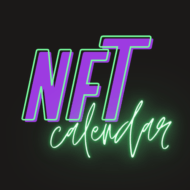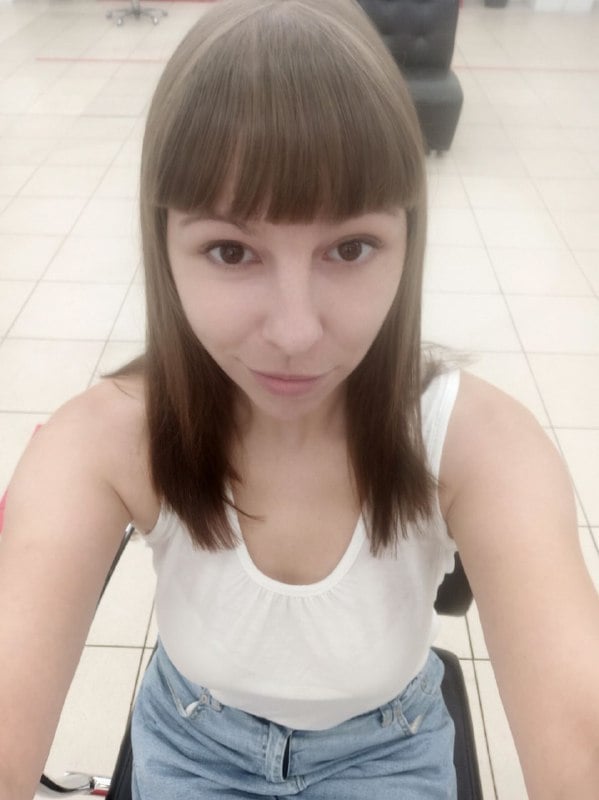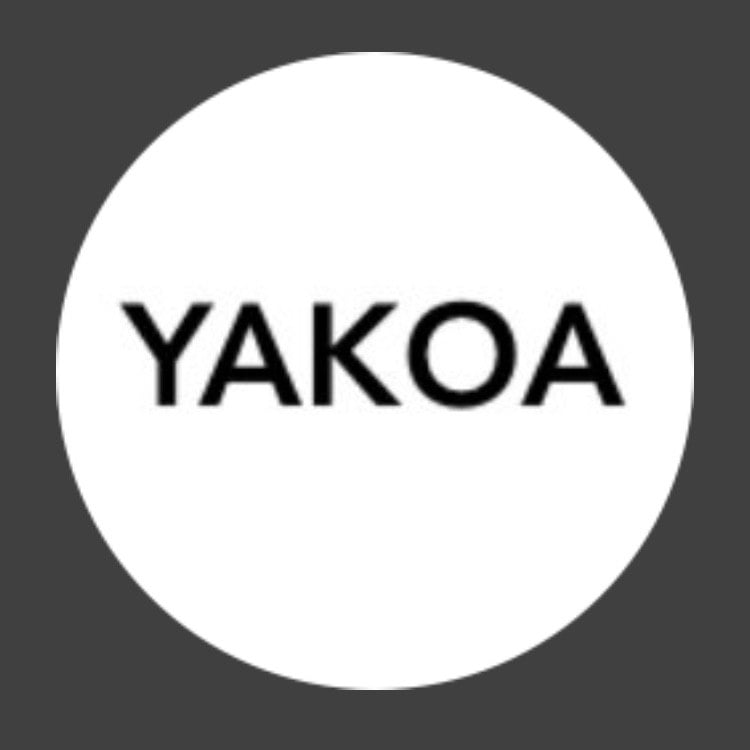In recent days, NFT scam has become an urgent problem for both creators and collectors. Thus, to solve the issue in the best possible way, a web3 startup, engaged in building tools for NFT fraud detection, Yakoa, has completed a $4.8 million funding round from multiple investors. These included the leading Collab+Currency, Volt Capital, and Brevan Howard Digital, with lesser funding support from Data Community Fund, Alliance DAO, Uniswap Labs Ventures, Orange DAO, and others.
With this sufficient financial backup, Yakoa plans to fund the development of tools aimed at detecting and fighting NFT IP fraudsters in web3. One of the most frequent disruptions in web3 concerns copying an NFT and trying to sell it as original artwork. At the current stage, the company's tool identifies intellectual property disruptions, including direct/partial copycats, stylistic forgery, and beyond. Once the fraud is identified, Yakoa then notifies brands, platforms, and creators of the original IP about the scam.
While Yakoa's anti-scam product attracts more and more web3 companies operating on various blockchains, the startup is now expanding its team of engineers to scale its crypto portfolio. Besides expanding the team of engineers, Yakoa will also allocate funds to grow its machine learning and data engineering team. Currently, Yakoa is capable of identifying scam NFTs on Ethereum, Solana, Avalanche, and Polygon, intending to cover all existing blockchains in a while.
“The belief we have is it doesn’t matter where you mint IP or publish an address, what matters is that it’s publicly verifiable,” Andrew Dworschak, co-founder of Yakoa, said.
Moreover, Yakoa co-founder highlighted the most widespread forgery tactics, including color change, cropping images, and photoshopping among others.
“When we’re doing an attribution search, we’re trying to figure out where an asset might be derived from and give as much information as we can,” Dworschak said, adding that “Two assets can be similar and not fraudulent and that’s completely appropriate. There’s a lot of edge cases we need to be aware of and other ones that pop up in a similar vein and some use cases we take on as a platform and give people the chance to record their opinion.”
Yakoa is far from being the only creator of NFT anti-fraud tools. Thus, one of the recent companies that rolled out their anti-scam support is the leading NFT marketplace OpenSea, Yuga Labs, and plenty of others.
We hope that after gaining financial support, Yakoa will roll out a one-fits-all NFT anti-fraud tool, which will make web3 a safer place for collectors and artists.



